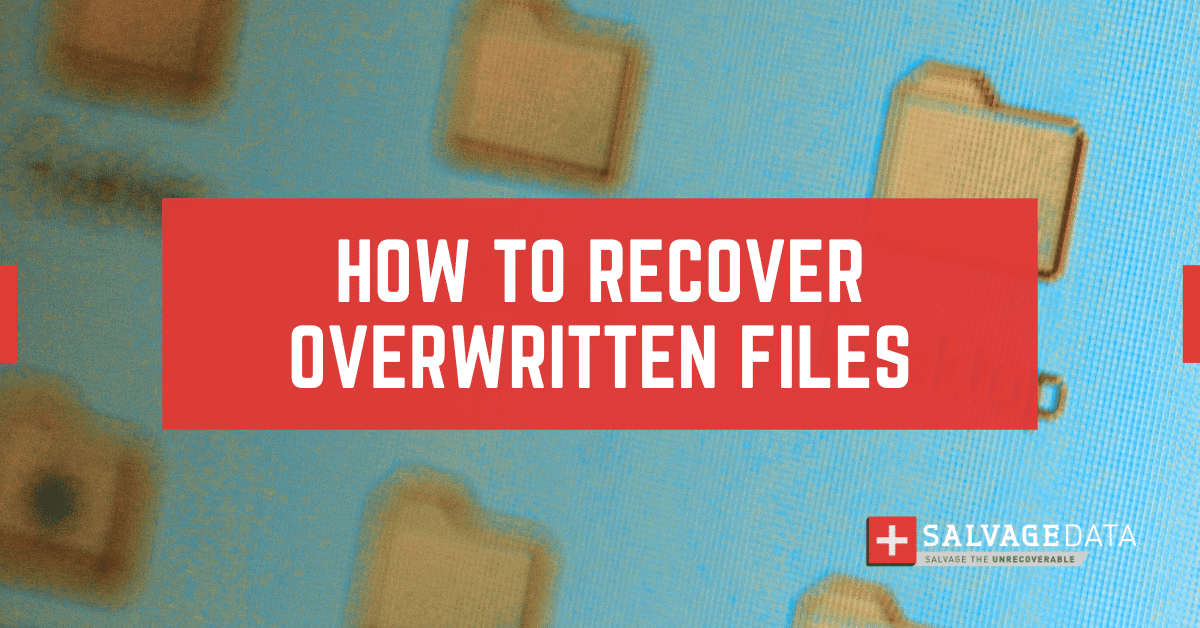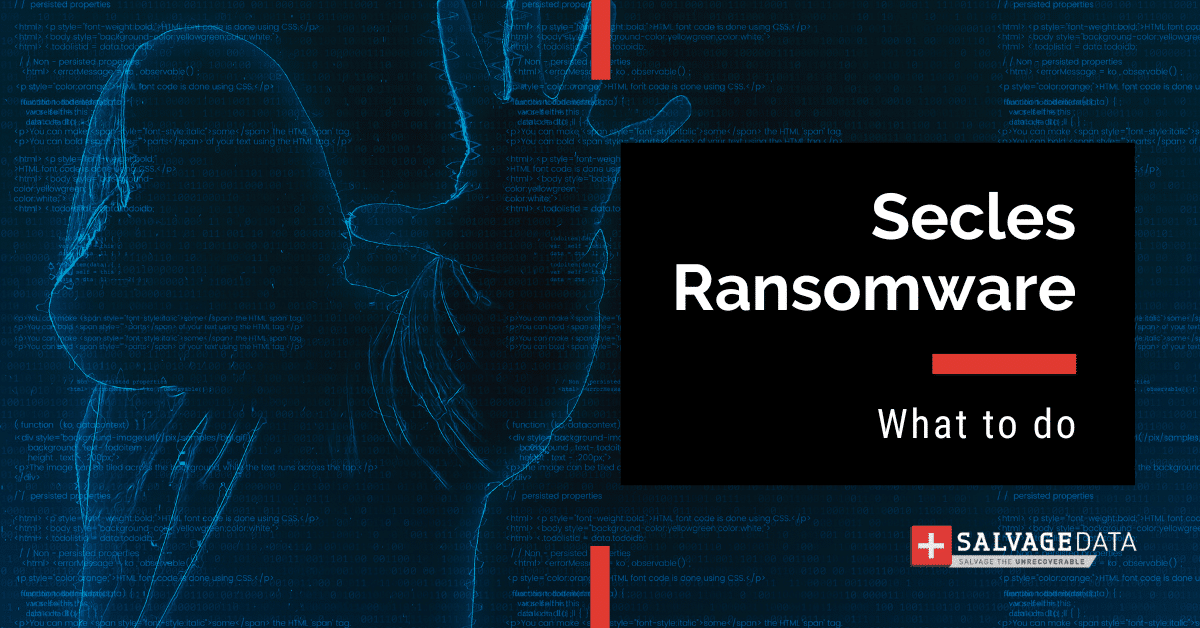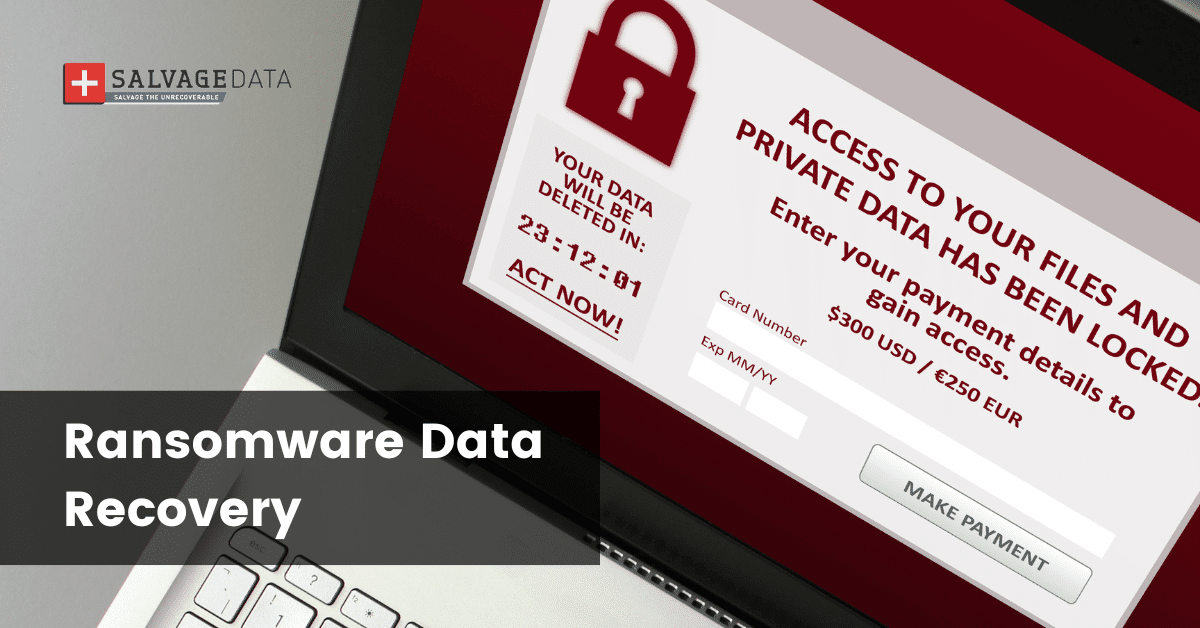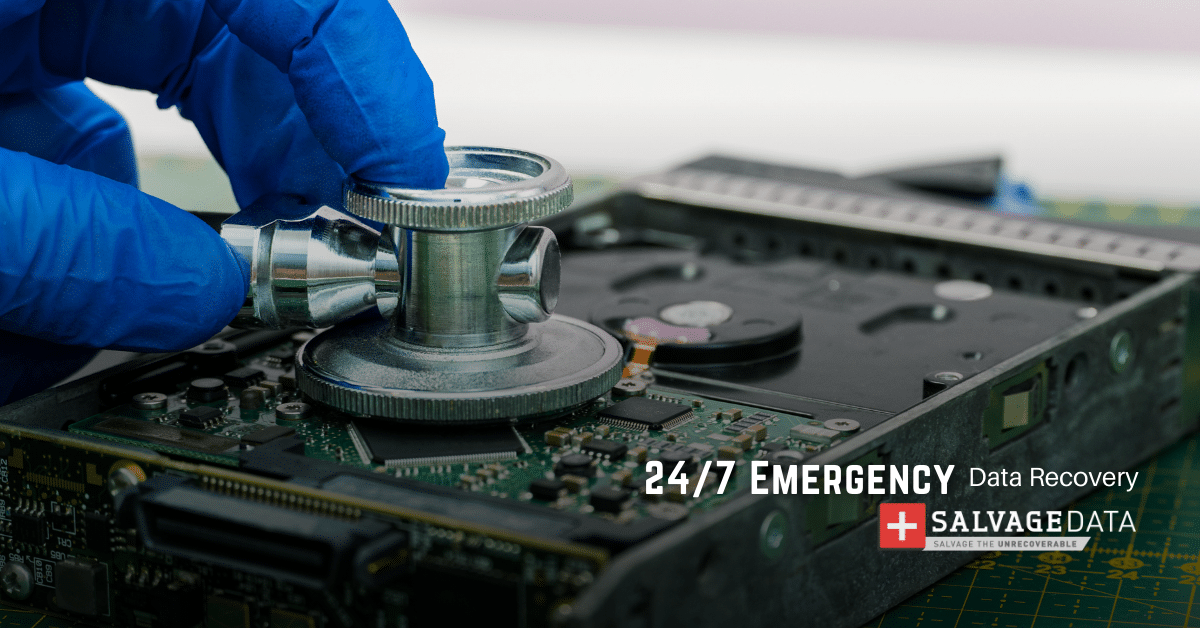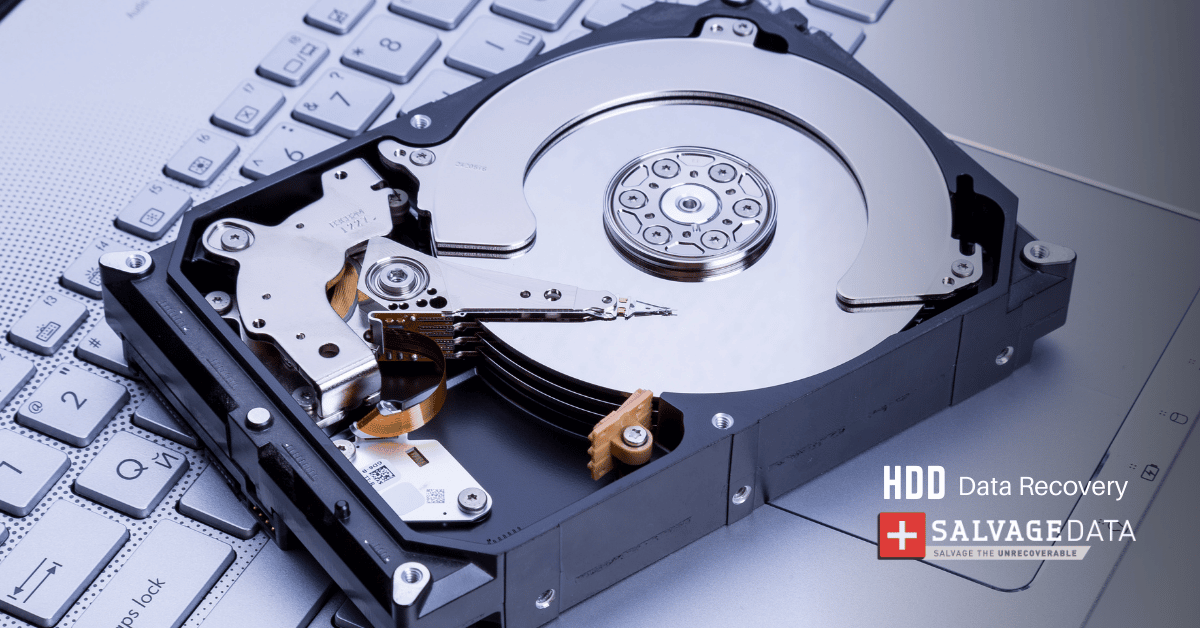Recent Articles
How To Recover Overwritten Files
The Snowflake Data Breach: A Comprehensive Overview
Mac Not Recognizing External Hard Drive: Quick Fix Solutions
How Multi-Cloud Backup Solutions Can Prevent Data Disasters
Capibara Ransomware: What is it & How to Remove
What Should a Company Do After a Data Breach: The Ticketmaster Incident
Secles Ransomware: Removal Guide
What To Do When Your Chromebook Freezes
How to Create Hyper-V Backup
What Is The Best Data Recovery Software For PC

I think there's an issue with my storage device, but I'm not sure Start a free evaluation →
I need help getting my data back right now Call now (800) 972-3282
What is MRCR1 Ransomware?
MRCR or Merry X-Mas Ransomware is a new type of ransomware that was discovered on December 19th, 2016. MRCR1 Ransomware will encrypt your files and demand a ransom to decrypt them. This ransomware is unique in the fact that it uses both RSA-2048 and AES-256 encryption methods. MRCR1 is also notable for being one of the first ransomware strains to be written in the Go programming language.
How does MRCR1 Ransomware infect your computer?
MRCR1 arrives on your computer as a malicious attachment to an email message. The email message may appear to be from a legitimate source, such as a shipping company or online service you use. When you open the attachment, MRCR1 will install itself on your computer and start encrypting your files.
What types of files does MRCR1 encrypt?
It will encrypt various file types, including documents, pictures, music, videos, and more. Once a file has been encrypted, it will be renamed with the .mrcr1 extension. For example, a file named “sample.jpg” would be renamed “sample.jpg.mrcr1”. MRCR1 will also drop a ransom note named “README-MCRYPTED.txt” in each folder that contains encrypted files. The ransom note will contain instructions on how to pay the ransom and decrypt your files.
How much does MRCR1 Ransomware demand?
MRCR1 Ransomware will demand a ransom of 1 Bitcoin, but the price may increase if you do not pay within 24 hours. The ransom note also states that MRCR1 Ransomware will delete your private key if you attempt to remove the ransomware without paying the ransom. This would make it impossible to decrypt your files without the decryptor provided by the attackers.
Also, the ransom note states that the price will double if you do not pay within 72 hours.
Should you pay for the MRCR1 ransom?
Paying the MRCR1 ransom is not recommended for several reasons. First, there is no guarantee that MRCR1 Ransomware will decrypt your files after you pay the ransom. Second, paying the ransom will only encourage the attackers to continue their malicious activities. Finally, by paying the ransom, you will be funding future cyber-attacks.
Protection
You can protect your computer from MRCR1 and other types of malware by following these simple steps:
-Install and maintain anti-virus/anti-malware software
-Keep your operating system and other software up to date
-Don’t open email attachments from unknown senders
-Don’t click on links in email messages from unknown senders
-Backup your important files regularly
What should you do if you’re infected with MRCR1 Ransomware?
Removing MRCR1 Ransomware from your computer can be difficult, as it is designed to evade detection and removal. We recommend using a reputable anti-malware program such as Malwarebytes.
You can try using a decryptor that security researchers have released.
Public decryption tool
A free MRCR1 Ransomware decryption tool is available.
However, there is no guarantee that this will work, and it is always possible that the attackers will update MRCR1 Ransomware to encrypt files in a way that cannot be decrypted. In this case, your only option may be to restore your files from a backup.
If you do not have a backup, you may be able to use file recovery software to recover some of your encrypted files. We recommend using SalvageData data recovery software.
However, this will not work for all file types.
I M P O R T A N T !
-
Do not rename MRCR1 Ransomware encrypted files.
-
Do not try to decrypt MRCR1 Ransomware encrypted files without a decryption tool.
-
Do not delete MRCR1 Ransomware encrypted files.
Contact a data recovery service
If you cannot decrypt your files or recover them using file recovery software, you may need to contact a data recovery service. These services specialize in recovering files from encrypted drives, and they may be able to help you recover your MRCR1 Ransomware-encrypted files. The cost of data recovery services varies depending on the severity of the encryption and the size of the drive.
One reputable data recovery service is SalvageData.
SalvageData team of experts can attempt to recover files from MRCR1 Ransomware encrypted drives. They offer a free consultation to assess the chances of recovery for your particular case.
You can contact SalvageData via the website or by calling 1-800-972-3282.

